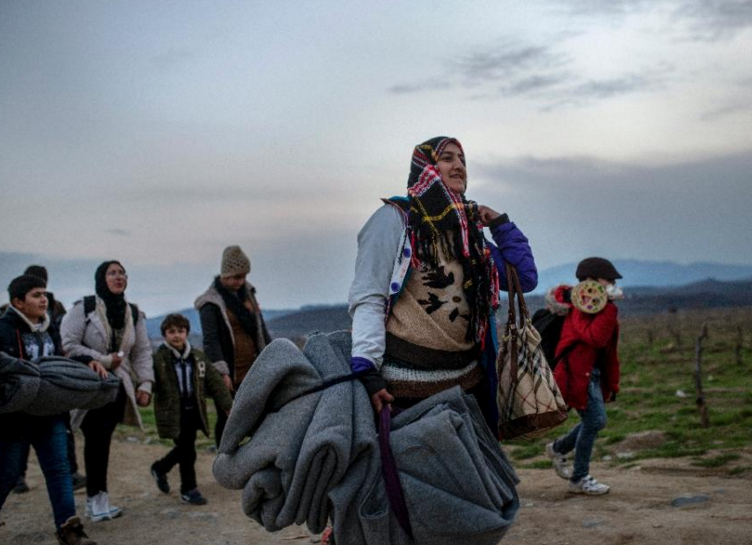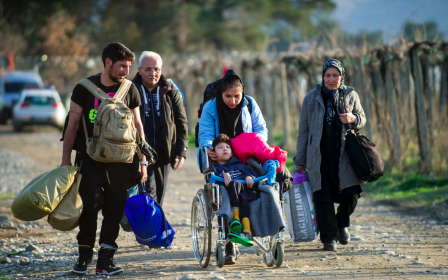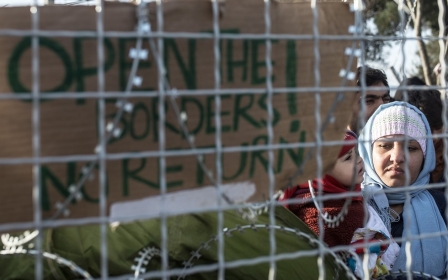Balkan states to cap daily migrant intake to 580

Four Balkan countries on Friday announced a daily cap on migrant arrivals, saying that they would refuse to admit more than 580 people a day.
Slovenia and Croatia, which are European Union members, as well as Serbia and Macedonia, said they would each restrict the number of refugees and migrants, sparking fears that a "disaster" could be around the corner if an upcoming summit with Turkey failed.
The clampdown follows moves by Austria last week to introduce a daily cap of 80 asylum applications and let only 3,200 migrants transit the country each day. At the height of the crisis last year, more than 10,000 people were entering daily, with thousands still coming in on a daily basis this year.
Close to 120,000 migrants have already arrived in Europe so far this year, according to the latest figures from the UN refugee agency released earlier this week.
UN Secretary General Ban Ki-moon on Friday voiced concern over the rising wave of border restrictions in the Balkans, saying they ran contrary to the international refugee convention.
He called on "all countries to keep their borders open, and to act in a spirit of responsibility sharing and solidarity, including through expanding legal pathways to access asylum," according to UN spokesman Stephane Dujarric.
The caps on migrant arrivals have fuelled a bitter diplomatic row between Athens and Vienna and hand-wringing in Brussels.
Greece accuses Austria of unleashing a domino effect of border restrictions along the migrant trail that has led to a bottleneck on Greek soil.
Austria, in return, accuses Greece of failing to properly police the bloc's external borders and letting too many migrants continue their journey to northern Europe.
The tighter controls have left thousands of people - including many children - stranded in Greece, as Europe's worst migration crisis since World War II shows no sign of abating.
Middle East Eye propose une couverture et une analyse indépendantes et incomparables du Moyen-Orient, de l’Afrique du Nord et d’autres régions du monde. Pour en savoir plus sur la reprise de ce contenu et les frais qui s’appliquent, veuillez remplir ce formulaire [en anglais]. Pour en savoir plus sur MEE, cliquez ici [en anglais].




